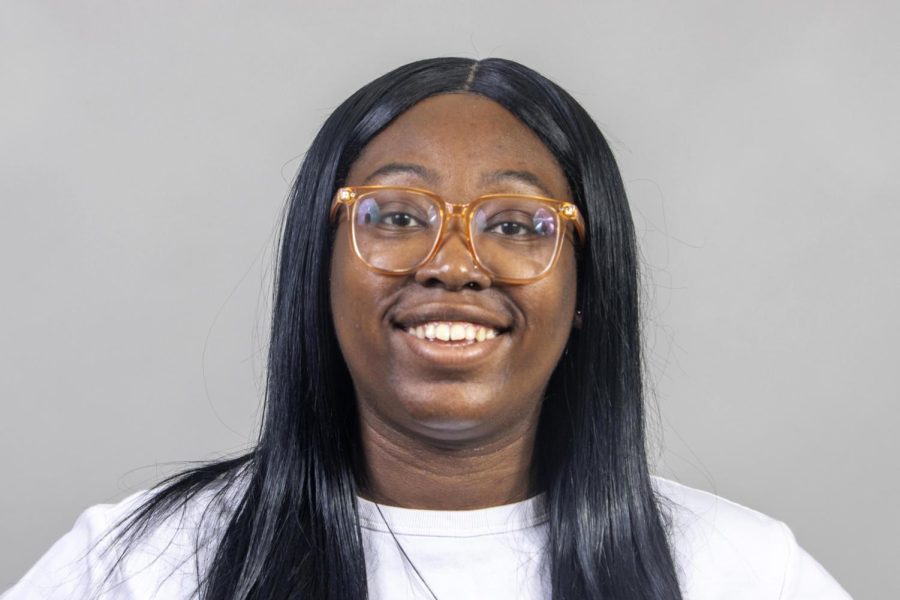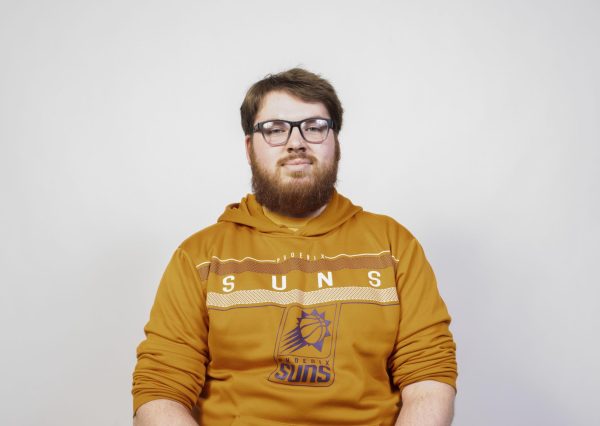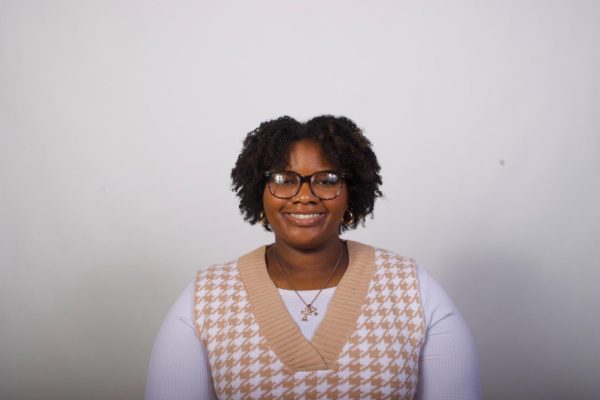COLUMN: Mental health and black families, we must believe each other
Kyla Moton is a junior English major and can be reached at 217-581-2812.
September 15, 2022
As a child, I knew nothing about mental health.
It was never brought up to me until I was in the 6th grade. I went through a hard time, not only at school but at home. Everything started to take a toll on me, but i didn’t know how to deal with these feelings.
My grades started to drop, I didn’t feel like myself, and it was hard for me to express these feelings because I wasn’t too sure where they were coming from.
Luckily, my mother knew our family’s history with mental illness and listened to what I was saying instead of tuning me out and pushing the issue to the side.
When I have conversations about life growing up with other African Americans, their experience with mental illness doesn’t play out the same way.
What I tend to pick up on is the fact that there is a stigma against professional health for mental health, specifically in the African American community.
Therapy is seen as a sign of “craziness” to some people, seeming as something is terribly wrong with you for seeking professional help. I often found myself thinking about how a lot of the situations that occurred in my life affected my mental health.
It took me some time to figure out how to deal with my anxiety and depression, and while I still deal with it today, I know how to handle it better than when I was younger. I try to find things to help me relax when I feel overwhelmed, like listening to music or taking a long walk.
It all depends on the person. But, how can we end the stigma against therapy?
It all starts at home. Parents must believe their kids when they come to them with problems. Instead of trying to place the blame on another party, fix the issues within first.
Kyla Moton is a junior English major. She can reached at [email protected] or 217-581-2812.
















































